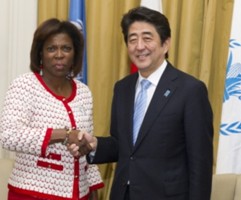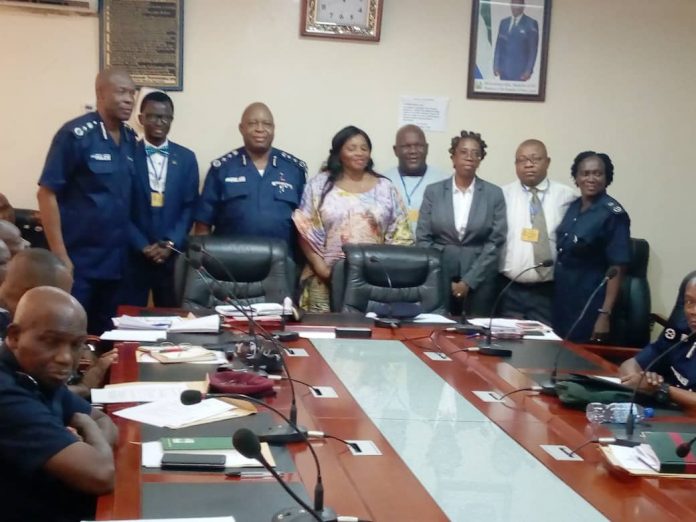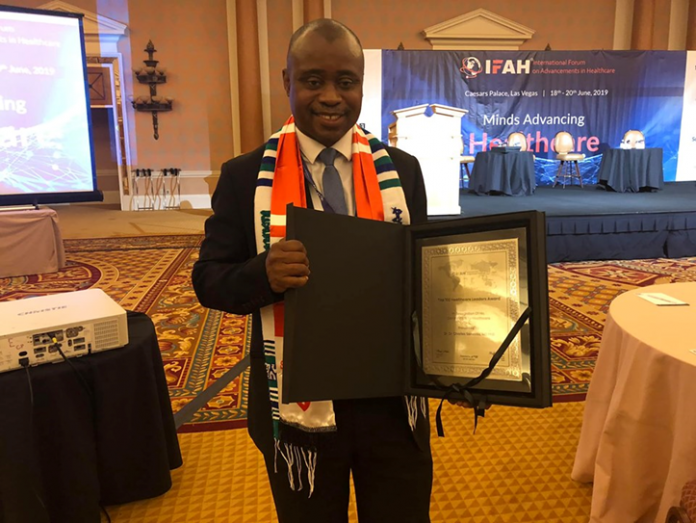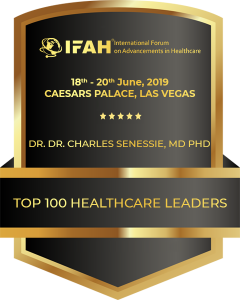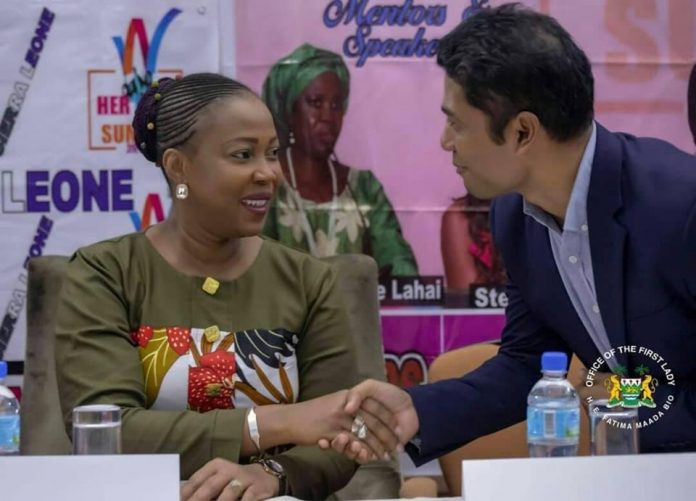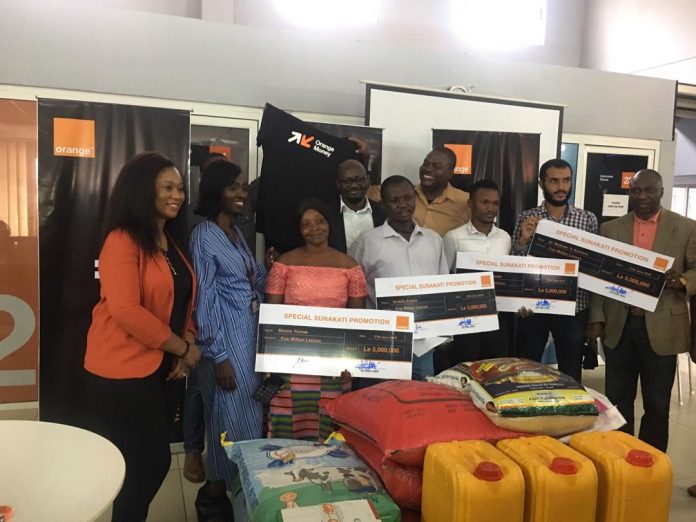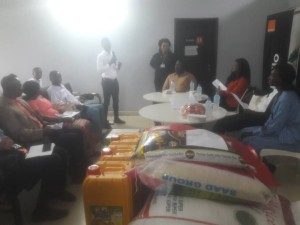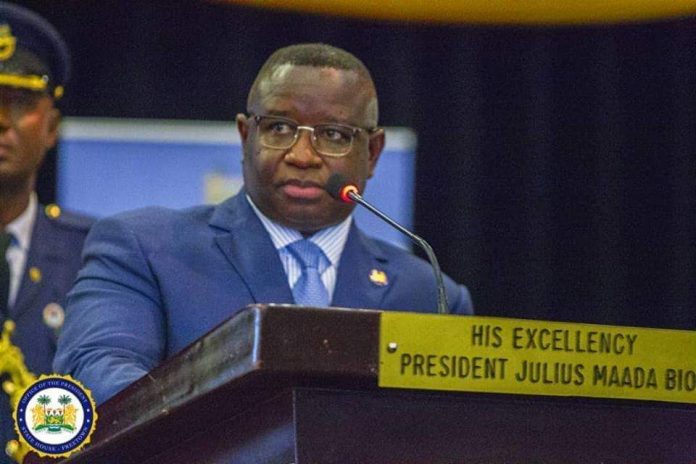For any government anywhere in the world to successfully govern and manage its economy well, it can only do so by actively engaging oil producing companies and giving them the necessary attention because as the saying goes: without energy, no development.
However, in Sierra Leone, the state of oil companies is such that oil companies operating in Sierra Leone will remain challenged if nothing is quickly done by the relevant authorities to address the quagmire in which these companies currently find themselves.
It is understandable that the whole country relies on petroleum products for progress and development to transpire.
What the oil companies say is that they are exposed to a lot of bottlenecks that greatly hamper their profitability and running costs in what is considered to be a highly volatile market that is subject to the vicissitudes of international economic forces.
Without any doubt, we all see how quickly the whole economy grinds to a halt whenever there is no fuel in petrol stations. People can no longer travel easily and cheaply from one place to another. The cost of transportation goes up and food prices shoot up as well affecting the smooth operations of industries, sometimes causing job loss.
As such, whilst we understand the financial stress that the government is going through, but at the same time, it must keep in mind that it is a fact that survival of society depends on the availability of petroleum products in the market at all times.
Depreciation in the value of the Leone should not be a factor in the Central Bank prioritizing foreign exchange to oil companies at official exchange rate because fuel has a very huge multiplying effect on the rest of the economy, as well as vital for investor confidence.
Reports state that the National Petroleum Sierra Leone Limited (NP-SL) is currently going through trying times, having recorded a massive loss from January to May 2019 to the tune of over Le 96 billion (ninety six billion Leones).
It was understood that NP-SL is presently paying an average of Le9, 000 to $1 (USD) as compared to Le8, 600 to $1 (USD) in the PRA Pricing Formula. Another challenge NP-SL Limited is facing is the volatility and unavailability of US Dollars to effect transactions.
It is so serious that NP-SL Limited currently owes its suppliers over $42 million which it is challenged to honour.
Research conducted by media houses show that in the past, when the industry was faced with challenges and in order to avoid fuel crisis, the Government would step in to subsidize the prices of petroleum products to ensure that the pump prices are kept at affordable levels.
Realistically, if the government cannot subsidize, then it should allow market forces to prevail so that the industry does not collapse.
As things now stand, oil marketing companies are suffering at the detriment of its own survival.
“If the current fiscal regime is not reviewed many companies including NP will go down such a painful and dreadful route,” stated Steven Williams, a Development Consultant.
He added that sound policies must be urgently rolled out to ensure stability.
It was also discovered that the nature of NP-SL’s business is such that it imports petroleum products in US Dollars, sells in Leones and has to convert the Leones into US Dollars to repurchase on the international market.
Williams maintained that it is regrettable that the company finds it extremely difficult to purchase US Dollars in the marketplace currently.
Over the years, NP-SL received tacit support from the Central Bank even though the amounts normally received were inadequate.
It is recommended that the Central Bank develops a mechanism wherein foreign currency is provided for the oil marketing companies to enable them pay for badly-needed petroleum products.
Of course to promote transparency of goods that are brought into the country and required taxes that must be paid to Government the ASYCUDA digital software was introduced at the Port.
However, what was gathered from the conducted research was that the method of implementation of the ASYCUDA system has been negatively impacting Oil Marketing Companies for which it was recommended that the relevant authorities put in place measures to ensure seamless flow of products free of interruption and long delay at the Quay.
The current pricing formula dictates that the pump price of petroleum products be adjusted upwards or downwards periodically as and when the combined effect of the changes in world market prices (quoted in PLATTS) and the exchange rate (measured by the average selling rates quoted by the Oil Marketing Companies, commercial banks and Bank of Sierra Leone) causing a +/- 5% change in the Leone-based landed cost of the product (s).
It was noted that prices should be changed upwards or downwards in small increments that will not create panic in the market place. The way it is currently, allows for a big jump at any time which makes it difficult for Government to effect change at the right time.
It may interest readers to note that while a litre of fuel is sold at Le7, 000.00 here, in Guinea it is sold at Le9, 120.00, in Liberia it is Le9, 321.00, Ivory Coast sells at Le9, 244.20 and Ghana at Le 9,136.44.
NP-SL is further encumbered with other charges that are not provided for in the price build up formula, and these include: Toll Gate fees, ASYCUDA processing fees, Environmental Protection Agency fees, storage fees and other fees imposed by the Petroleum Regulatory Agency.
Thus, the government to help the oil companies must review some of its policies especially those affecting vibrant companies in the country as well as ensuring that economic measures are rolled out in order for the value of the Leone to appreciate.
Failure to take drastic steps to protect locally owned companies will definitely lead to closure or restructuring with dire consequences that could take the form of labour downsizing, no-payment of taxes to government, etc.


